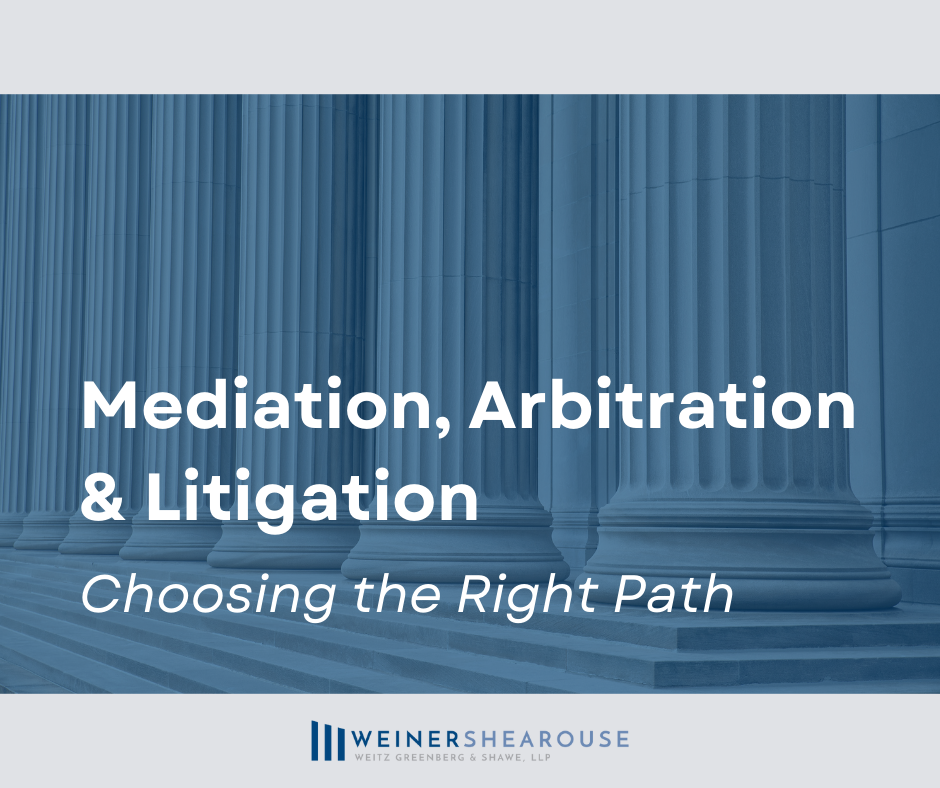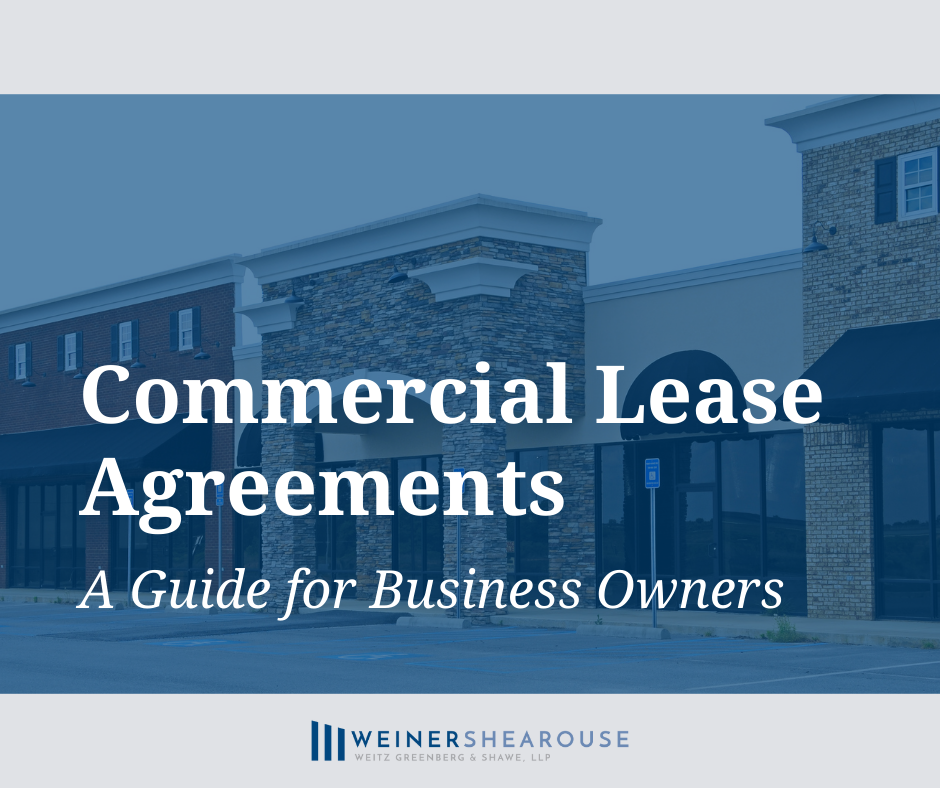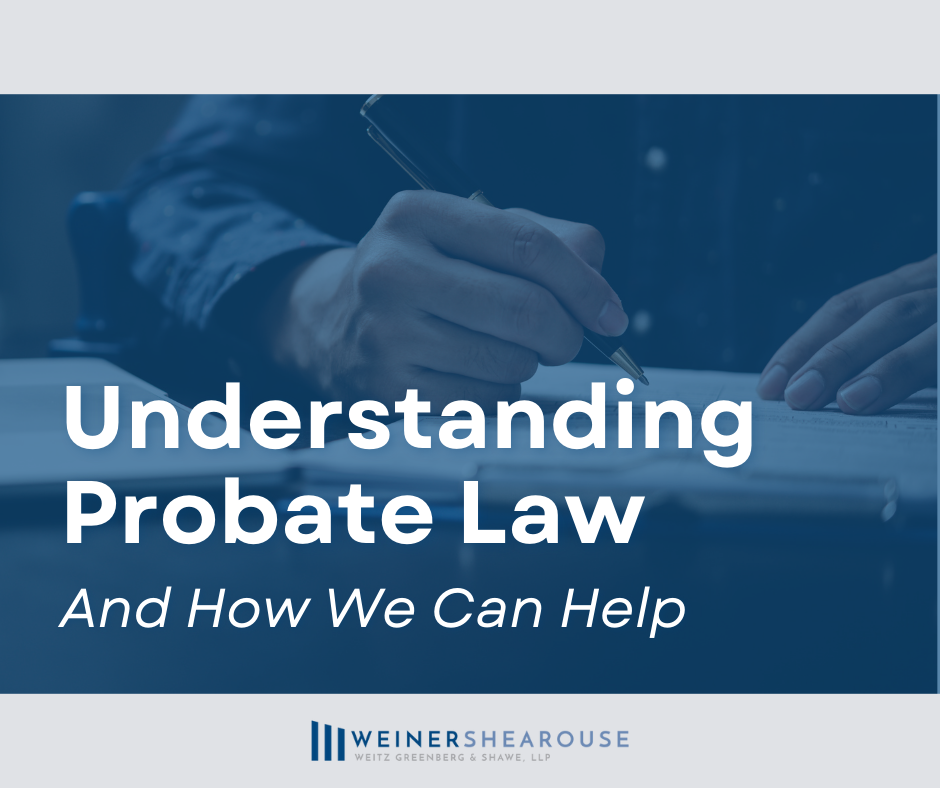The responsibility of being asked to handle the affairs of a loved one who has…

Mediation, Arbitration, & Litigation: Choosing the Right Path
8. Mediation, Arbitration, & Litigation: Choosing the Right Path
Disputes are a part of life, but how you solve them can make all the difference. You have several options: mediation, arbitration, and litigation. Each offers a unique path to resolution, and understanding their differences is crucial. At Weiner Shearouse, we’ve helped many individuals and businesses navigate these processes. This blog will break down these methods, helping you choose the right approach for your specific situation.
Understanding Mediation
Mediation is a collaborative process where a neutral third party, the mediator, helps disputing parties reach a mutually agreeable solution. It’s less formal than court and focuses on open communication. Mediation is often ideal for neighbor disputes, family matters, and many business disagreements where preserving relationships is key.
The Process: Typically, parties meet with the mediator, who facilitates discussions and helps them identify common ground.
Advantages:
- Confidentiality: Discussions remain private.
- Control: Parties retain control over the outcome.
- Cost-Effective: Generally less expensive than litigation.
- Relationship Preservation: Helps maintain positive relationships.
- Speed: Often leads to quicker solutions.
Disadvantages:
- No guaranteed solution if parties don’t agree.
- Requires cooperation from all involved.
Understanding Arbitration
Arbitration is a more formal process than mediation, but less so than litigation. A neutral arbitrator hears evidence and makes a binding decision. Arbitration is often used in contract disputes, construction disagreements, and some business-to-business conflicts.
Process: Similar to a mini-trial, parties present evidence to the arbitrator.
Advantages:
- Faster than litigation.
- Less formal court proceedings.
- Binding decision.
- Arbitrators often possess specialized expertise.
Disadvantages:
- Less control over the outcome compared to mediation.
- Limited appeal rights.
- Can still be costly.
Understanding Litigation
Litigation involves taking a dispute to court. It’s the most formal and adversarial process. Litigation is typically necessary for serious personal injury cases, complex business disputes, and cases requiring legal precedent, such as those involving significant property rights.
Process: Involves filing a lawsuit, discovery, and a trial before a judge or jury.
Advantages:
- Formal legal process with established rules.
- Binding court judgment.
- Ability to compel evidence through subpoenas.
Disadvantages:
- Time-consuming and expensive.
- Public record, lacking confidentiality.
- Uncertain outcome, as judges and juries decide.
- Adversarial and often damages relationships.
Choosing the Right Path
Selecting the right dispute resolution method depends on several factors:
- Nature of the Dispute: Is it a sensitive family matter or a complex business conflict?
- Relationship Between Parties: Do you need to maintain the relationship?
- Time and Cost: How quickly do you need a resolution, and what’s your budget?
- Control: How much input do you want in the outcome?
- Confidentiality: Is privacy essential?
A local attorney can guide you through the complexities of each dispute resolution method. At Weiner Shearouse, we understand the nuances of courts and procedures. We can represent you in mediation, arbitration, or litigation, ensuring your rights are protected. We know the local courts and the local people.
Mediation, arbitration, and litigation each serve distinct purposes. Choosing the right method can save you time, money, and stress. If you’re facing a dispute in Savannah, Richmond Hill, Bluffton, Pooler, or the surrounding areas, contact Weiner Shearouse for a consultation. We’ll help you find the best path for you.
Disclaimer: This blog post is for informational purposes only and does not constitute legal advice. Contact us today for advice regarding your individual situation.



